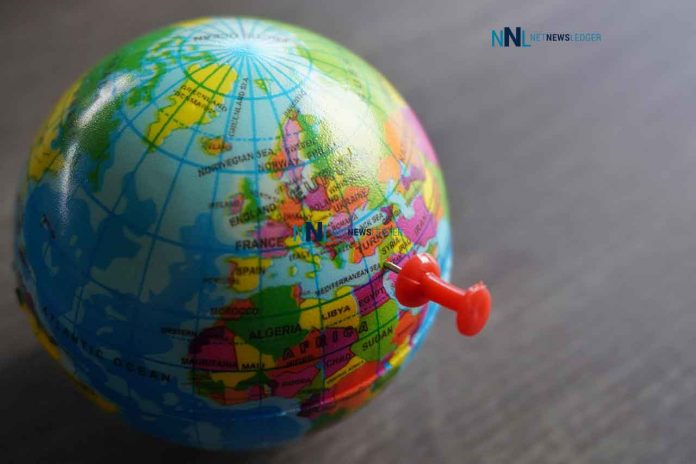Historic Exchange: Hamas Releases Hostages in Return for Palestinian Prisoners
Gaza City, Palestine: In a significant development late Saturday, Hamas agreed to release 13 Israelis and seven foreign nationals. This decision came as part of a prisoner swap deal facilitated by Qatari and Egyptian mediators. In return, Israel is set to free 39 Palestinians who were previously imprisoned. This exchange marks a crucial step in the ongoing negotiations, although the process faced delays and accusations of truce violations.
Tense Standoff Resolved
The exchange process was not without its challenges. Initially, Hamas delayed the second round of swaps for several hours, accusing Israel of not adhering to the terms of a recently agreed truce. This delay led to a tense standoff during a critical phase of a four-day ceasefire.
Hamas Hands Over Hostages
Approaching midnight, Hamas announced that all 20 individuals had been handed over to the International Committee for the Red Cross. This move came after intense diplomatic efforts and negotiations to overcome the earlier impasse.
Allegations of Aid Shortfall and Imbalanced Exchange
Hamas raised concerns over what they perceived as an inadequate aid delivery by Israel, particularly to northern Gaza, a primary zone of conflict. They also criticized the composition of the initial group of released Palestinian prisoners, stressing the need for the release of more veteran prisoners.
Overcoming Obstacles
Despite the challenges, key figures, including Osama Hamdan, a senior Hamas official, indicated that the roadblocks had been surmounted. Hamas listed the names of those expected to be released by Israel, including six women and 33 teenage boys. Among them were Maysoun Jabali and Israa Jaabis, who had been imprisoned since 2015.
A Mixed Atmosphere of Uncertainty and Optimism
While some details of the prisoner exchange remain unclear, there is a growing sense of optimism. Scenes of joyous family reunions on both sides have punctuated the otherwise tense atmosphere, signaling a potential shift towards more amicable relations and cooperation in the region.




